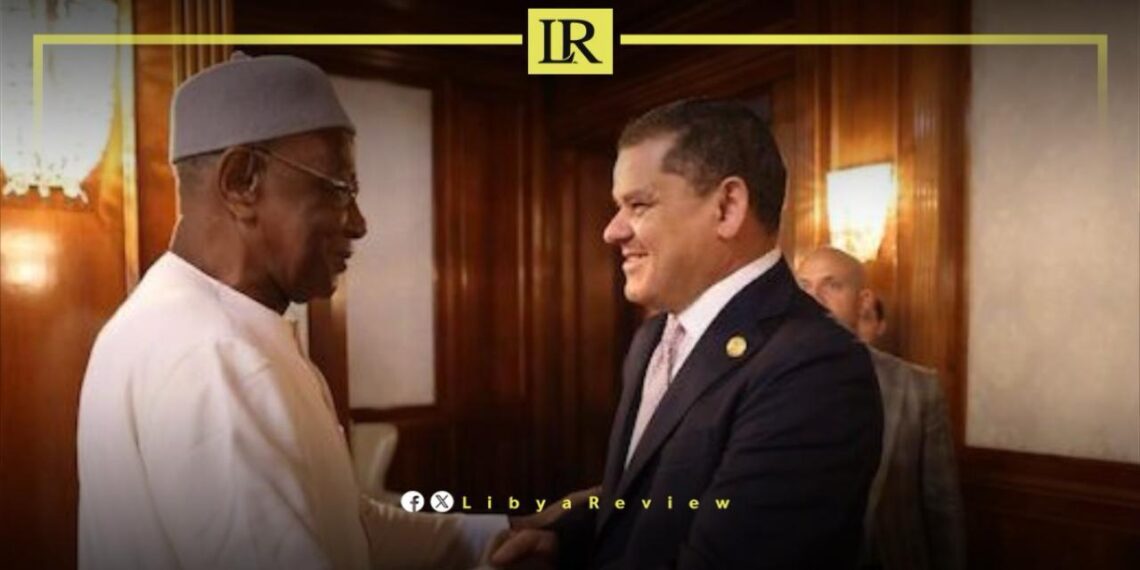On Saturday, Sultana Al-Mismari, a member of Libya’s House of Representatives (HoR), leveled serious allegations against Abdelhamid Dbaiba, the Prime Minister of Libya’s Government of National Unity (GNU), accusing him of deliberately obstructing a pivotal meeting in Tunis.
According to Al-Mismari, Dbaiba’s resistance is rooted in his unwillingness to endorse the establishment of a government that does not include him.
In addition to Dbaiba, Al-Mismari implicated Abdoulaye Bathily, the United Nations (UN) Envoy to Libya, in thwarting attempts to foster agreement between Libya’s political factions. This is essential for progressing towards national elections. She pointed to Bathily’s statement following the thwarted meeting as evidence of his obstructive role.
Al-Mismari’s assertions come against the backdrop of Libya’s complex political landscape, characterized by deep-seated divisions and a protracted transitional phase. Libya has been in a state of flux since the 2011 uprising that toppled Moammar Gaddafi, with various factions vying for power and legitimacy. The country’s path to unification and stability, through planned national elections, has been fraught with challenges. This includes disagreements over electoral laws and the structure of a future government.
Despite these obstacles, Al-Mismari emphasises the ongoing efforts to bridge the divides. The ultimate goal is that of establishing a government capable of overseeing the electoral process and ending the transitional turmoil. Her comments underscore the critical need for consensus and cooperation among Libya’s political actors to move the country forward.
Libya has been grappling with political instability and conflict since the 2011 overthrow of Moammar Gaddafi. The political landscape is fragmented, with two major factions vying for control: the GNU in Tripoli, and the Libyan National Army (LNA) in the East.
The Parliament, also based in the East, and the High Council of State (HCS) in Tripoli, are key institutions in the ongoing political dialogue. Efforts to hold elections and form a unified government have been marred by disagreements over legal frameworks and power-sharing mechanisms.


